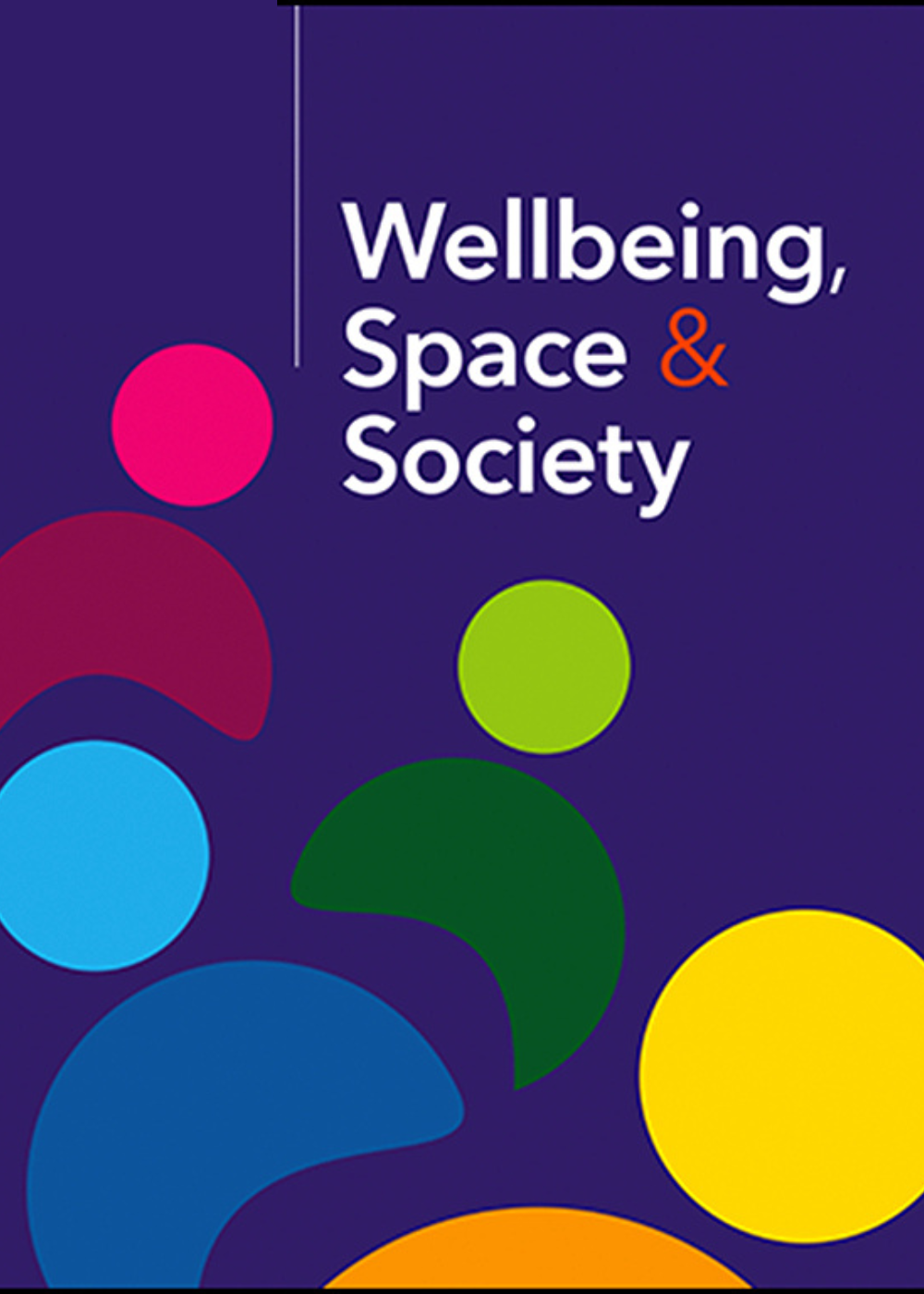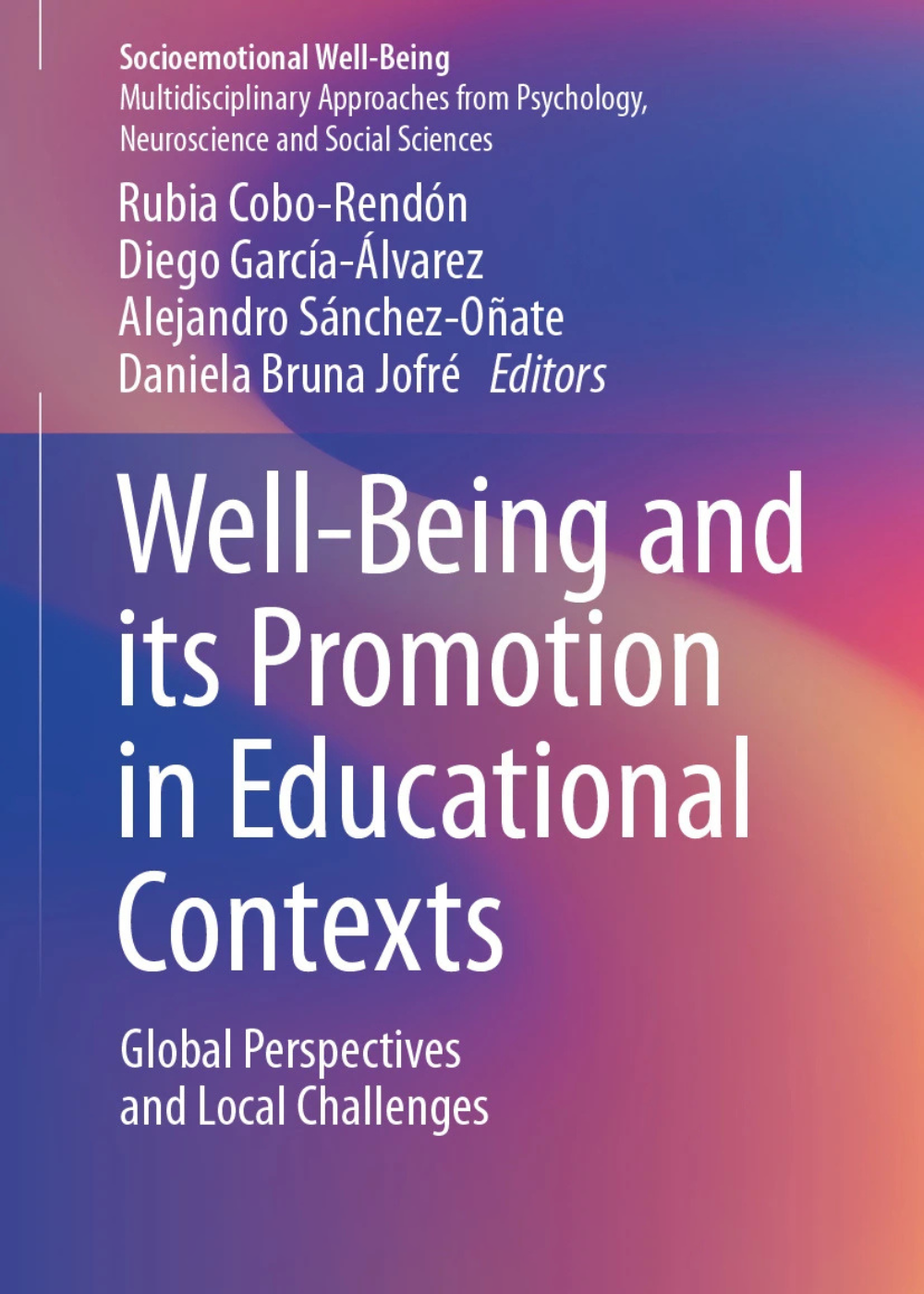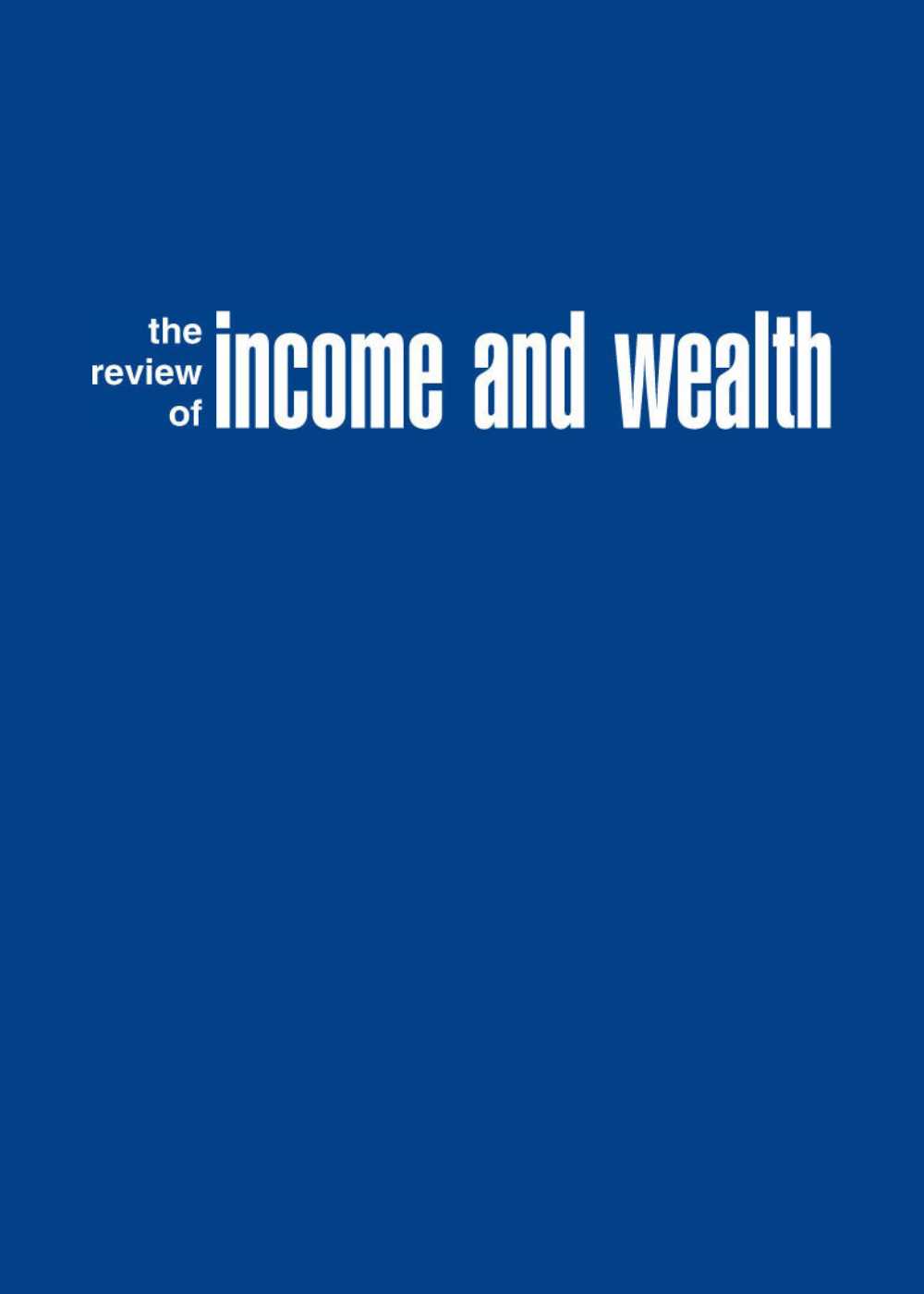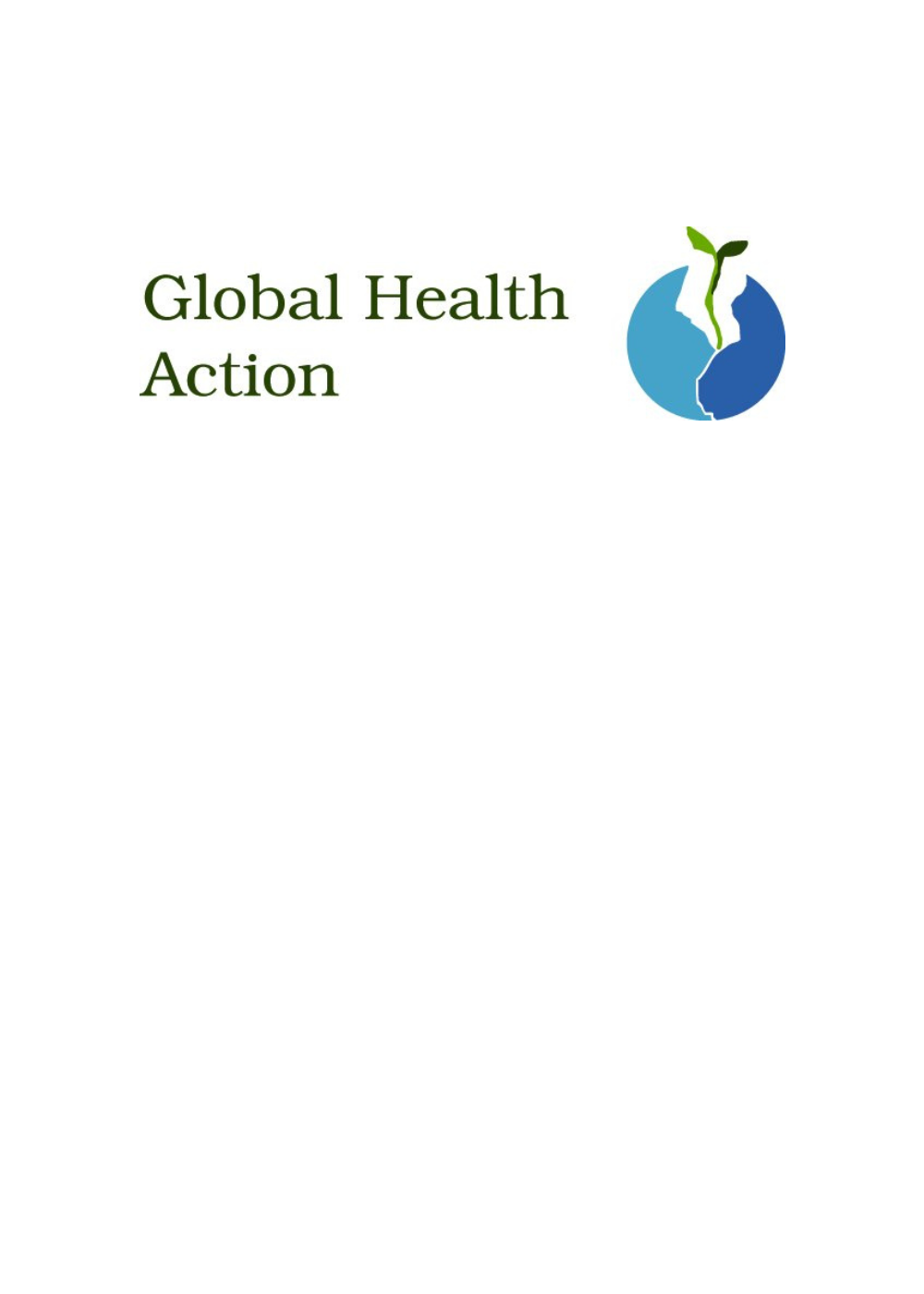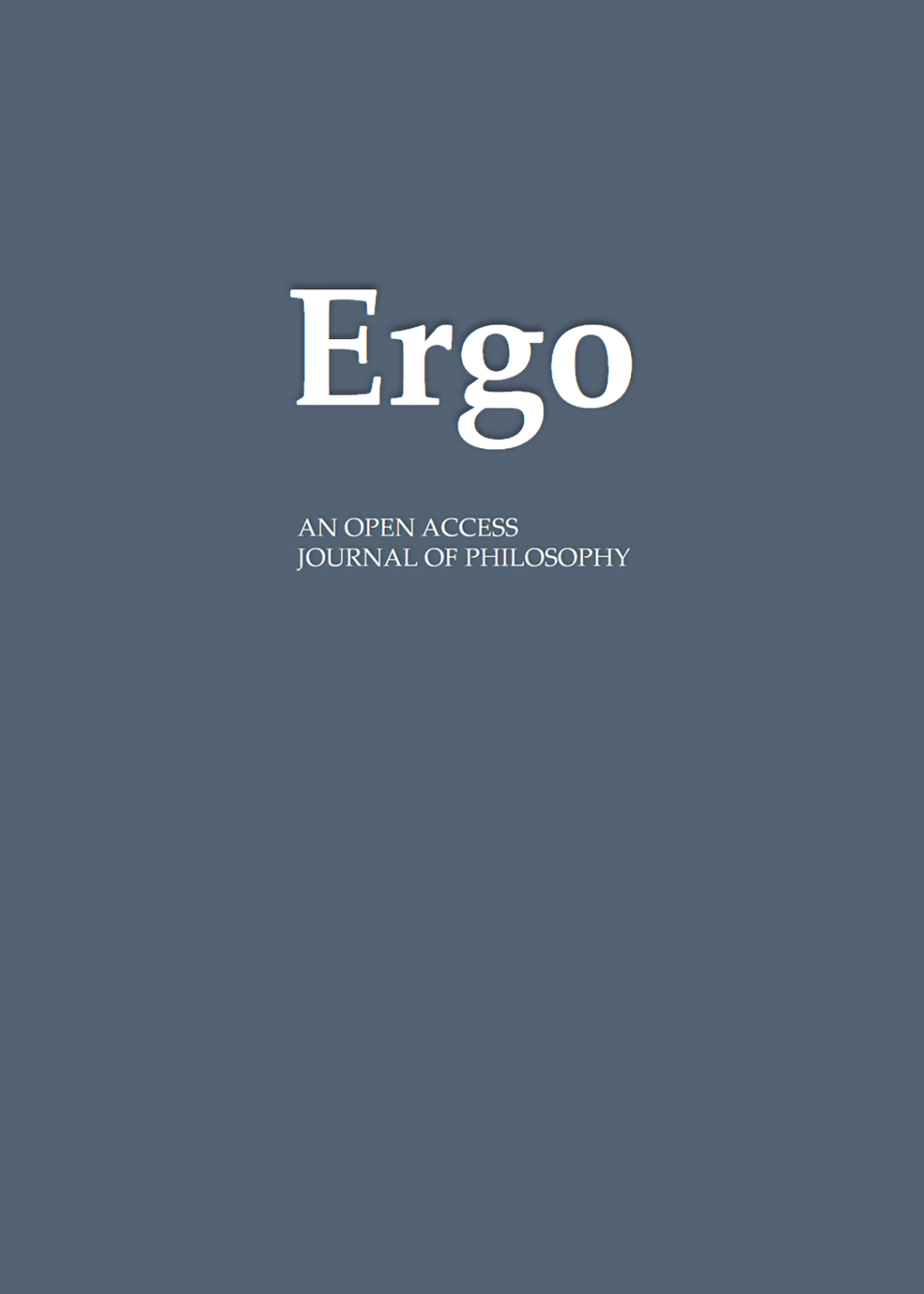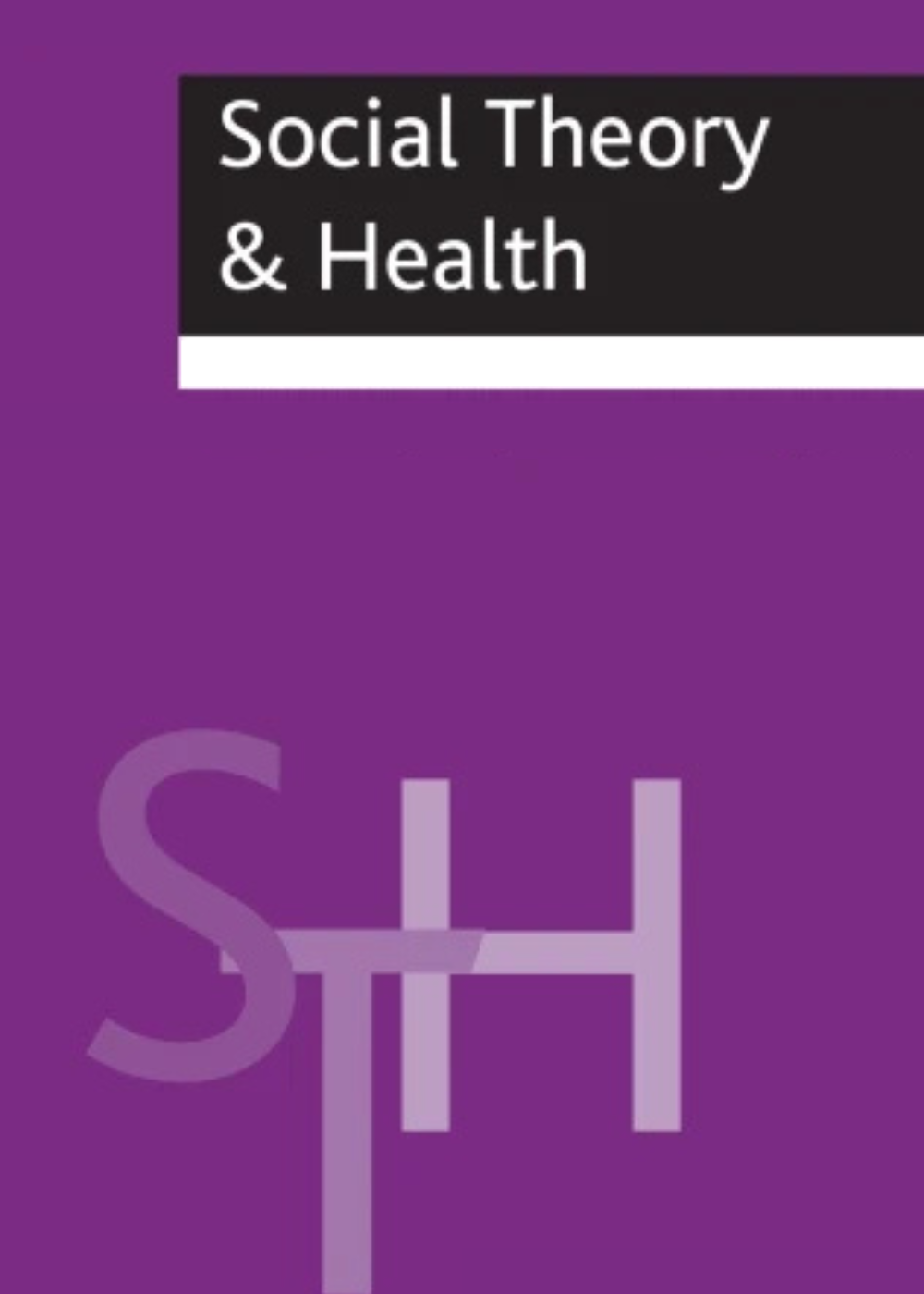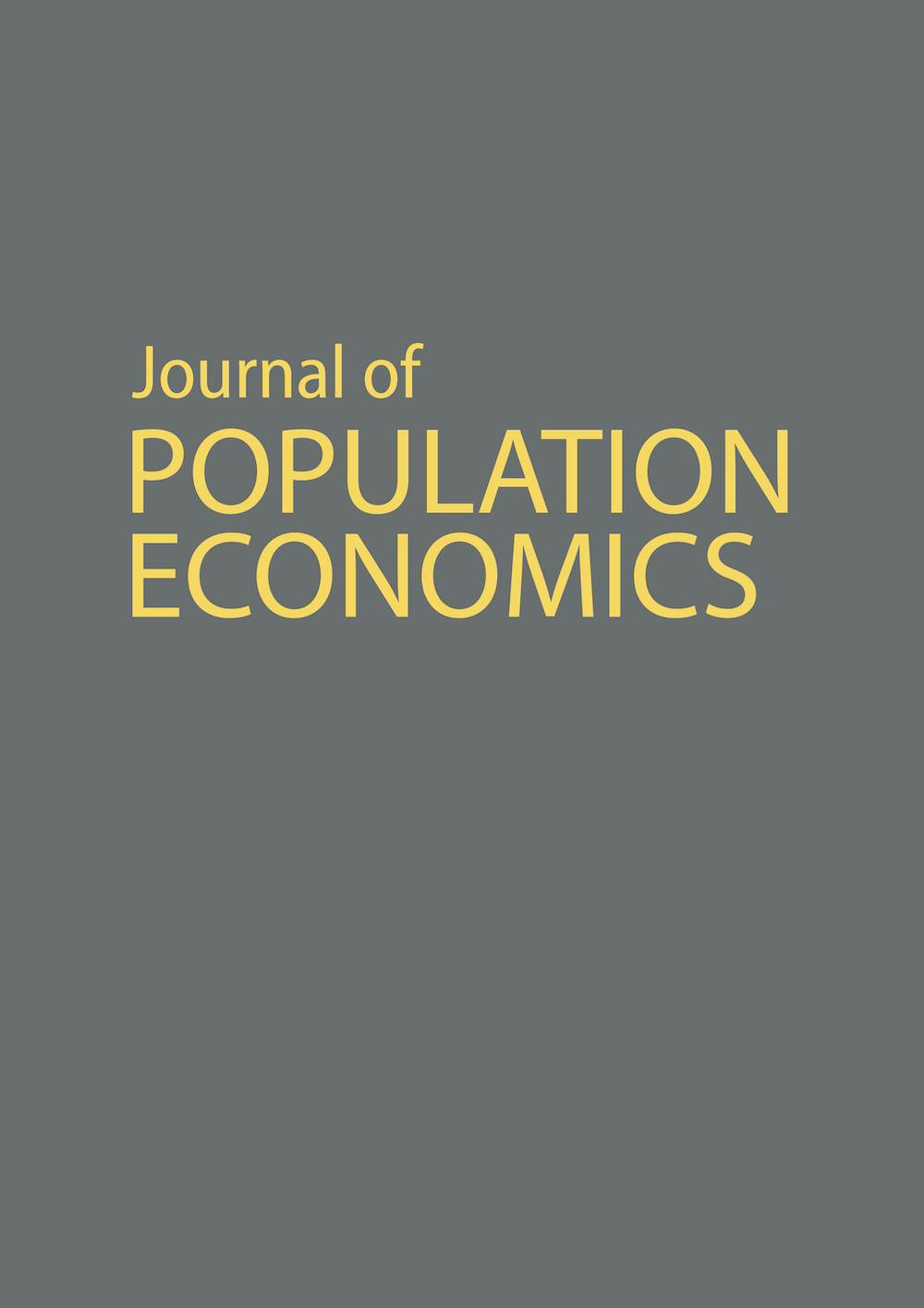
Time use and happiness: US evidence across three decades
Journal of Population Economics
Jeehoon Han and Caspar Kaiser
Abstract
We use diary data from representative samples from the USA to examine determinants and historical trends in time-weighted happiness. To do so, we combine fine-grained information on self-reported happiness at the activity level with data on individuals’ time use. We conceptually distinguish time-weighted happiness from evaluative measures of wellbeing and provide evidence of the validity and distinctiveness of this measure. Although time-weighted happiness is largely uncorrelated with economic variables like unemployment and income, it is predictive of several health outcomes and shares many other determinants with evaluative wellbeing. We illustrate the potential use of time-weighted happiness by assessing historical trends in the gender wellbeing gap. For the largest part of the period between 1985 and 2021, women’s time-weighted happiness improved significantly relative to men’s. This is in stark contrast to prominent findings from previous work. However, our recent data from 2021 indicates that about half of women’s gains since the 1980s were lost during the COVID-19 pandemic. Hence, as previously shown for several other outcomes, women appear to have been disproportionally affected by the pandemic. Our results are replicable in UK data and robust to alternative assumptions about respondents’ scale use.
